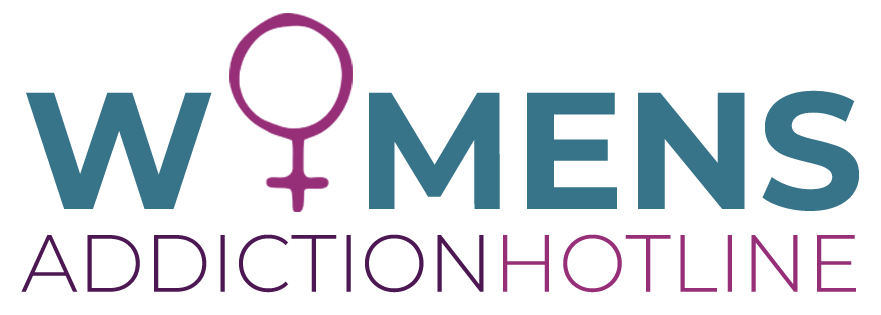Women’s Meth Abuse Hotline
Women’s Meth Abuse Hotline
Women’s National Alcohol Abuse Statistics
Methamphetamine abuse is a significant problem in the United States, with women accounting for a significant proportion of users[1]. The clinical course of meth use disorder is complex, with users developing tolerance, losing control over drug-taking behaviors, and experiencing frequent relapses even during treatment[2]. According to data from the 2015-2018 National Surveys on Drug Use and Health, an estimated 1.2 million women aged 18 or older used methamphetamine in the past year[1]. This highlights the prevalence of methamphetamine use among women in the United States and the urgent need for effective prevention and treatment strategies.
Methamphetamine use among women is not limited to any particular demographic group, with data showing that women from various backgrounds and ages are affected[1][3]. However, there are some notable trends in the demographic breakdown of women meth users. For example, Latinas represented a significant proportion of methadone-related admissions, with 45.5% of admissions being Latinas[4].
Additionally, methamphetamine users had a lower successful treatment completion rate compared to other drug users[4]. These statistics suggest that methamphetamine abuse among women is a complex issue that requires targeted interventions and support services.
Methamphetamine abuse can have severe consequences and dangers for women, including physical and mental health problems, social and economic issues, and legal problems[5][6][7][8]. Methamphetamine use during pregnancy can also have adverse effects on both the mother and the developing fetus[5]. Furthermore, meth-using women are at increased risk of experiencing intimate partner violence (IPV), with a qualitative pilot study in Los Angeles County revealing that all participants had experienced IPV in their most recent primary relationship[9]. These statistics highlight the need for comprehensive approaches to addressing methamphetamine abuse among women, including prevention, treatment, and support services that address the complex and intersecting issues that contribute to drug use and related harms.
References
1. Patterns and Characteristics of Methamphetamine Use …. from www.cdc.gov/mmwr/volumes/69/wr/mm6912a1.htm
2. Sex differences in methamphetamine use disorder perused …. from www.ncbi.nlm.nih.gov/pmc/articles/PMC9119944/
3. Gender Differences in Methamphetamine Use Initiation …. from www.ncbi.nlm.nih.gov/pmc/articles/PMC8735767/
4. Exploring Gender and Ethnoracial Differences and Trends …. from www.ncbi.nlm.nih.gov/pmc/articles/PMC10262604/
5. Methamphetamine Abuse in Women of Reproductive Age. from www.acog.org
6. Demand – Methamphetamine Drug Threat Assessment. from www.justice.gov/archive/ndic/pubs13/13853/demand.htm
7. Methamphetamine Overdose Deaths in the US by Sex and …. from jamanetwork.com/journals/jamapsychiatry/fullarticle/2774859
8. Know the Risks of Meth. from www.samhsa.gov/meth
9. Intimate Partner Violence and Reproductive Health Among …. from www.ncbi.nlm.nih.gov/pmc/articles/PMC4188630/

Women’s Meth Addiction
Women’s methamphetamine (meth) abuse is a pressing public health issue with significant consequences for individuals, families, and communities. Methamphetamine is a powerful stimulant drug that affects the central nervous system, leading to increased energy, alertness, and euphoria. However, long-term methamphetamine abuse can have devastating effects on physical and mental health, particularly for women.
Here’s some important information on women’s methamphetamine abuse:
- Prevalence: Methamphetamine abuse affects individuals of all genders, but research suggests that women may be particularly vulnerable to its effects. According to data from the National Institute on Drug Abuse (NIDA), women represent a significant proportion of methamphetamine users, with rates of use among women steadily increasing in recent years.
- Risk Factors: Women may turn to methamphetamine for various reasons, including curiosity, peer influence, coping with stress or trauma, and weight loss. Women who have experienced trauma, such as childhood abuse or intimate partner violence, may be at higher risk of methamphetamine abuse as a means of self-medication or escape from emotional pain.
- Health Risks: Methamphetamine abuse can have profound physical and mental health consequences for women. Short-term effects may include increased heart rate, elevated blood pressure, decreased appetite, insomnia, and agitation. Long-term abuse can lead to severe dental problems (often referred to as “meth mouth”), skin sores, cognitive impairment, psychosis, mood disorders, and increased risk of infectious diseases such as HIV/AIDS and hepatitis.
- Social and Economic Impact: Women who abuse methamphetamine may face social stigma, strained relationships with family and friends, and difficulties maintaining employment or housing stability. Methamphetamine abuse can also have significant financial implications due to the cost of obtaining the drug and the expenses associated with treating health problems related to addiction.
- Pregnancy and Parenting: Methamphetamine abuse during pregnancy can have serious consequences for both the mother and the unborn child. Methamphetamine use during pregnancy increases the risk of preterm birth, low birth weight, developmental delays, and neonatal withdrawal symptoms. Additionally, parenting while struggling with methamphetamine addiction can impair a woman’s ability to provide a safe and nurturing environment for her children, potentially leading to child welfare involvement and family disruption.
- Treatment and Support: Overcoming methamphetamine addiction often requires comprehensive treatment that addresses both the physical and psychological aspects of addiction. Behavioral therapies such as cognitive-behavioral therapy (CBT) and contingency management have shown effectiveness in treating methamphetamine addiction. Gender-specific treatment programs tailored to women’s unique needs, including trauma-informed care and childcare support, can enhance treatment outcomes. It’s essential for women struggling with methamphetamine abuse to seek help from healthcare professionals or addiction specialists who can offer guidance, support, and resources for recovery.
Women’s methamphetamine abuse is a complex and multifaceted issue that requires a holistic approach to prevention, treatment, and support. By addressing the underlying factors contributing to women’s methamphetamine abuse and providing gender-responsive interventions, we can help women reclaim their health, well-being, and resilience.

